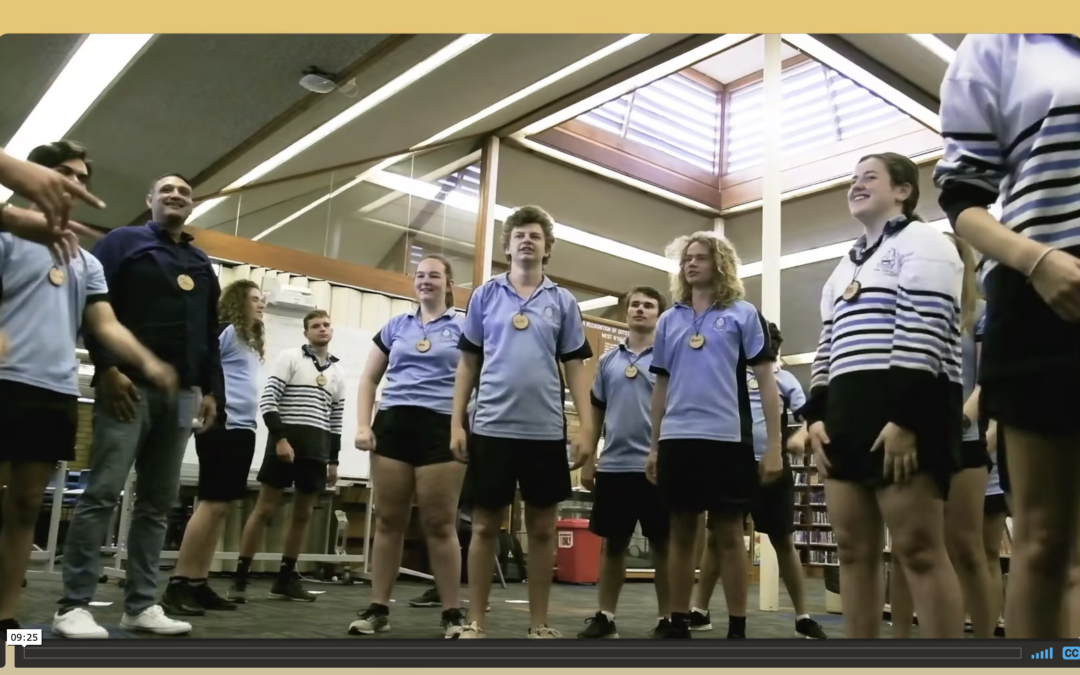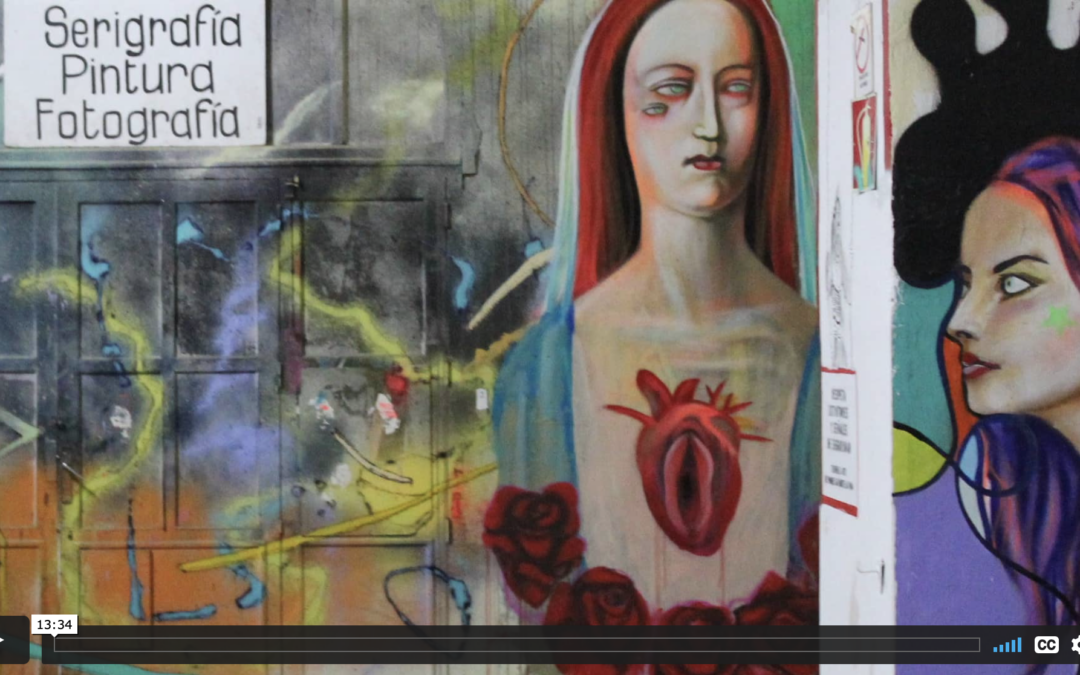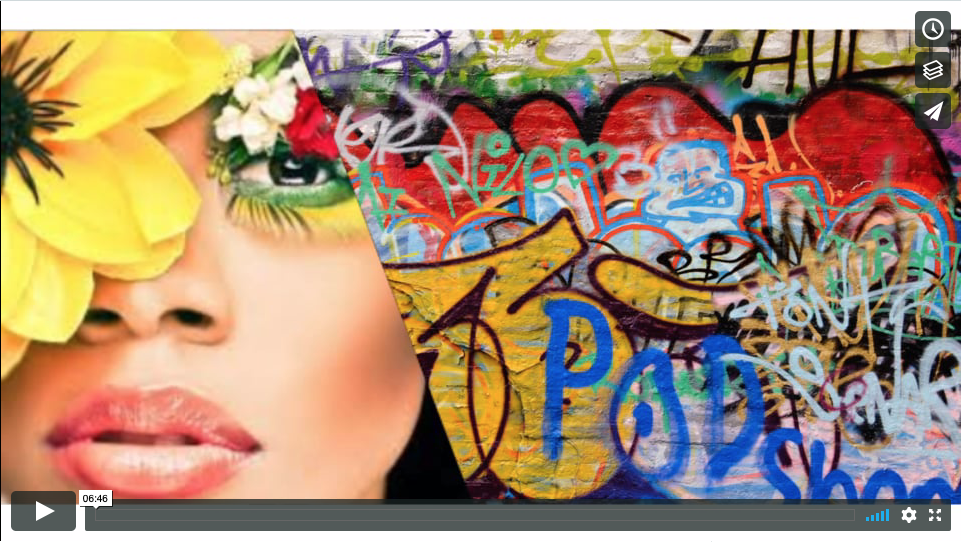Fallen Fruit use fruit – and public spaces and archives – to explore the limitations and boundaries of what is...


Fallen Fruit use fruit – and public spaces and archives – to explore the limitations and boundaries of what is...

Researchers at EPIC face something of a trap. Situated in an ethos of twenty first century consumer capitalism, our professional duties overemphasize individual consumers, and the products of our research always diverge towards our respective corporations’ interests. As a result we have little...

This paper proposes a way to harness the power and benefits of community-led future change through the process of “citizen ethnography”. Just as “citizen science” has become a potent method for non-scientists to collect and contribute to scientific knowledge and outcomes, citizen ethnography is...

Supporting communities on its platforms has been a part of Facebook's core mission since 2017. Early understandings of the needs of groups and organizers largely centered around groups that began on Facebook itself. This paper is the result of ethnographic research conducted in 2019 to better...

PechaKucha Presentation Context cannot be ignored. The ability to pull back, observe and listen deeply balanced with internal analysis and reflection has significant impact on our individual and societal health. Myopic views that ignore or distort what is happening around us have resulted in a...

Julie Norvaisas of EPIC2024 sponsor organization dscout takes viewers through a 20-year journey with EPIC,...